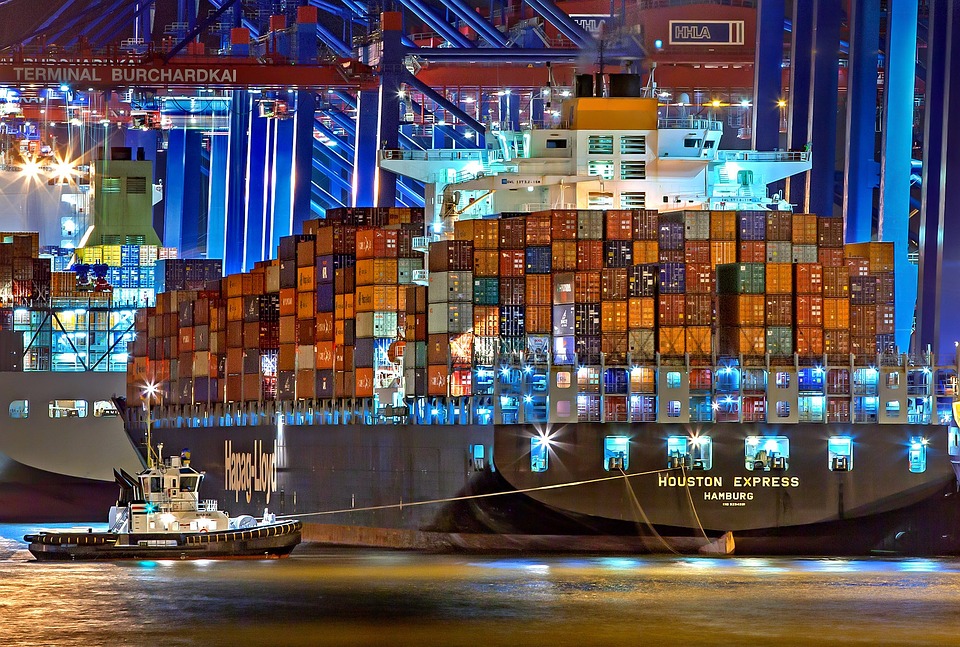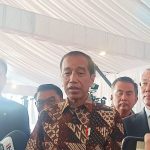Indonesia Can’t Just Rely on Minerals Abundance to Enter Global Supply Chain

Jakarta. Indonesia is blessed with abundant critical minerals, but the nickel-rich country needs to look beyond this natural wealth when trying to enter the global supply chain as countries become increasingly aware of sustainability standards, according to a think-tank.
The 2024 US Geological Survey report shows that Indonesia ranks first globally when it comes to nickel reserves — a mainstay in electric vehicles (EV) batteries. Indonesian nickel reserves stand at 55 million metric tons, seconded by that of Australia (24 million metric tons). Indonesia is on the lead for nickel production as its mines produced an estimated 1.8 million metric tons of the silvery-white metal in 2023.
The country is among the world’s top producers of tin which is vital to smartphone manufacturing. Indonesian tin mines produced approximately 52,000 metric tons throughout last year — third only to China (68,000 metric tons) and Myanmar (54,000 metric tons). The archipelagic Indonesia also produces cobalt, bauxite, and copper.
These statistics often appear in the government’s pitches when trying to get foreign investors into the country. Government officials repeatedly said that the abundance of critical minerals could help Indonesia penetrate the global supply chain of green goods. But think-tank CSIS Indonesia said that the country needed to do just more than flaunting its ample mineral reserves.
“We can no longer treat our critical mineral abundance as a selling point. Because other countries also have critical minerals, but they implement higher environmental standards and practices,” M Habib Abiyan Dzakwan, a researcher at CSIS Indonesia, said at the think-tank’s sustainable investment report launch on Monday.
“[Having high sustainability standards] makes a better selling point.”
According to the freshly launched report, other critical mineral owners have been trying to secure their spot in the global supply chain. Countries such as Canada and Australia have been implementing sustainability standards to give them a better competitive edge.
The US Geological Survey data indicates that Australia and Canada produce similar critical minerals to Indonesia. Australia not only boasts huge reserves of lithium which Indonesia lacks, but it is also producing nickel, tin, among others. Canada is also a nickel producer, although its production in 2023 was only a tenth of what Indonesia recorded that year.
“These countries are implementing relatively high environmental standards. … Canada seeks to be a superpower in sustainable industry practices. So Canada pays attention to the logistics [of the industry] and the need to use renewable power plants. Australia also wishes [to use its critical minerals] to become a renewable energy superpower,” Habib said.
Domestic processing is the cornerstone of Indonesia’s critical mineral policies. President Joko “Jokowi” Widodo wants Indonesia to process its minerals at home to produce greater value-added goods. This strategy sees Indonesia banning exports of unprocessed minerals — starting with nickel. Jokowi’s successor Prabowo Subianto is planning to implement the same strategy to grow the Indonesian economy.
However, CSIS argued that the government had been focusing more on the end goal of producing green tech goods. For instance, Indonesia has been concentrating more on encouraging battery-based EV production and its adoption. However, the government is not giving as much attention to making sure that the domestic nickel supply chain is environmentally friendly.
“Ideally, this domestic processing policy does not only focus on the end goal, but we have to make sure that the means or the production is sustainable. This includes keeping a watchful eye on how much greenhouse gas emission is being emitted in the process,” Habib said.
He added: “There is nothing wrong with managing the critical minerals we have, but the process should pay attention to the international standards and the environment.”
Source : jakartaglobe.id



